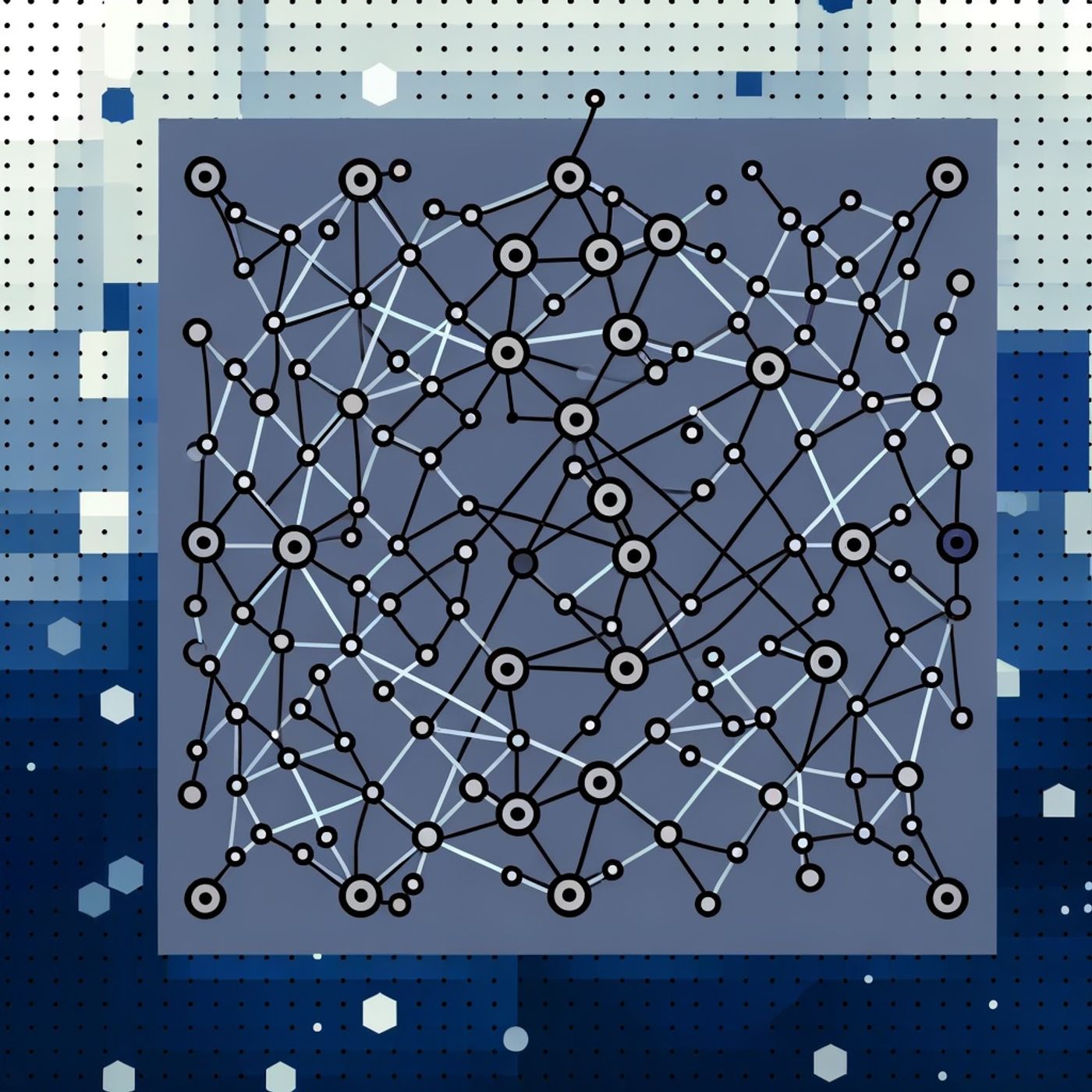Listen "Algorithms Reshape Human Experience: How AI Transforms Medicine, Society, and Personal Choices in the Digital Age"
Episode Synopsis
Listeners, welcome to a journey through The Algorithmic Life, where decisions, recommendations, and even our daily emotions are shaped by invisible logic. Algorithms, those coded instructions powering everything from social media feeds to healthcare diagnostics, have become central forces altering human experience in subtle and dramatic ways. Recent events emphasize this influence powerfully: after the tragic assassination of activist Charlie Kirk, social media feeds immediately reflected and steered national reactions. As Tech Policy Press details, emotionally intense posts dominated, spreading rapidly because algorithms are built to amplify engagement, and anger and division generate more clicks than calm or consensus. Here, algorithms don’t just mirror sentiment—they shape it, normalizing certainty, dehumanizing opponents, and deepening social polarization, especially around breaking news.But algorithmic life isn’t only about controversy or childhood echo chambers. It’s evolving rapidly in medicine, workplaces, even the way we protect our data. Nature reports that a newly developed AI model, Delphi-2M, can forecast a person’s risk of developing over a thousand diseases, sometimes decades before symptoms appear. This breakthrough, drawing on massive health datasets, means preventive care and medical decision-making may soon rest on algorithmic predictions rather than waiting for crisis.The effects ripple into policy and economics. The American Journal of Political Science highlights how algorithms classifying people—determining creditworthiness, job applications, or housing approvals—not only judge, but also manipulate behavior. If someone knows an AI is screening for fraud, they might adjust actions just to avoid detection. This “performativity” means healthier behaviors or new inequalities can emerge, depending on how algorithms are designed. The research also points out something counterintuitive: sometimes, deliberately introducing uncertainty, or “noise,” makes people adjust more constructively than if algorithms were always perfectly consistent.Artificial intelligence has further altered everyday life, especially through smartphones. Blue Whale Apps predicts that by 2025, algorithms will turn devices into intuitive helpers, adjusting app settings, managing daily schedules, offering wellness advice, and constantly safeguarding data via biometric authentication. Personalized experiences will be the norm—from entertainment recommendations to health tracking and even travel, where real-time translation and context-aware augmented reality can blur the boundaries between the digital and physical.While the promise is enormous, listeners should beware of the downsides. Algorithms reflect both our data and designers’ intentions, sometimes intensifying division, sometimes risking fairness. Their presence in hiring, healthcare, marketing, and public safety means society needs new definitions of trust and accountability. The algorithmic life is no longer a distant possibility—it’s our reality, shaping interactions, behaviors, and opportunities.Thank you for tuning in. Don’t forget to subscribe. This has been a quiet please production, for more check out quiet please dot ai.Some great Deals https://amzn.to/49SJ3QsFor more check out http://www.quietplease.aiThis content was created in partnership and with the help of Artificial Intelligence AI
More episodes of the podcast The Algorithmic Life
AI Transforms Work and Decision Making: How Humans Are Becoming Active Partners in the Algorithm Era
01/01/2026
AI Reshapes Society in 2025: Media, Work, and Ethics Transformed by Algorithmic Intelligence
20/12/2025
Algorithms Shape Reality: How AI Transforms Human Experience from Personal Choices to Global Systems
18/12/2025
 ZARZA We are Zarza, the prestigious firm behind major projects in information technology.
ZARZA We are Zarza, the prestigious firm behind major projects in information technology.
